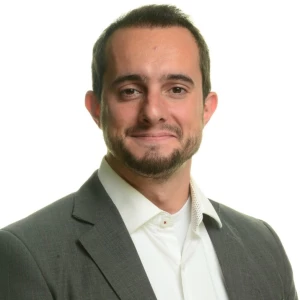Recently did a case with a BCG consultant (final rounds for BCG coming up soon). They mentioned that overall I did a great job and stood out in many of the criterias that BCG is looking for in a case interview which was good to hear.
However, one main piece of feedback is that while most people struggle with not being comprehensive enough, I'm actually pass that and is a bit too comprehensive. They mentioned that while it is very clear I knew where the case was going and have all the right answers and depth of thought/ analytical abilities, a point of improvement would be just be a bit more 80/20 to also leave room for the case interview to be more of a conversation than just an interview so to speak.
My questions are 1.) How to prioritize 80/20 while maintaining comprehensiveness and 2.) How can I make the interview more conversational?
Thank you!


















